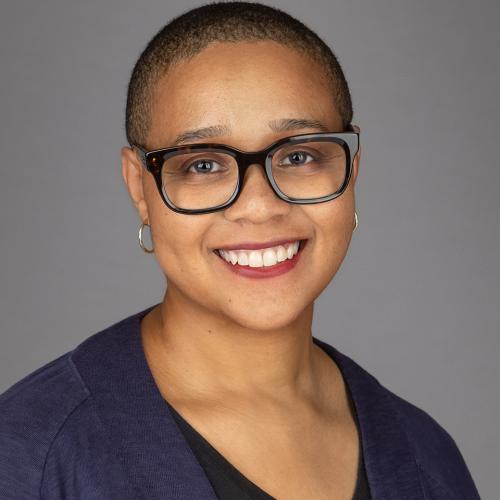Associate Professor and BS/IS Program Director Emily Knox has coauthored a chapter in the book Freedom of Information and Social Science Research Design, which is being published by Routledge this month. Edited by Kevin Walby and Alex Luscombe, the book demonstrates how Freedom of Information (FOI) law and processes can contribute to social science research design across sociology, criminology, political science, anthropology, journalism, and education.
The chapter Knox coauthored with Shannon M. Oltmann (University of Kentucky) and Chris Peterson (MIT), "Designing Research Using FOI Requests in the USA," describes the ways in which FOI can be used as a research tool, how to design FOI-based research projects, and how to conduct FOI requests in the U.S. at both the state and federal levels.
According to the researchers, "There are several key factors to consider in using FOI requests as a research method, but perhaps the most important is a longer time frame, allowing government agencies sufficient time to gather and send the requested information. Attention to the details in a FOI request can facilitate a more rapid response; thus, it is particularly important to submit detailed and accurate FOI requests."
Knox's research interests include information access, intellectual freedom and censorship, information ethics, information policy, and the intersection of print culture and reading practices. At the iSchool, she teaches a course on intellectual freedom and censorship and a course on information ethics. Knox's books include Book Banning in 21st Century America; Document Delivery and Interlibrary Loan on a Shoestring; Trigger Warnings: History, Theory, Context; and Foundations of Information Ethics, which she co-edited with John T. F. Burgess.
Knox received her PhD from the School of Communication and Information at Rutgers University and her MS from the iSchool at Illinois. She also holds a BA in religious studies from Smith College and an AM in the same field from The University of Chicago Divinity School.
